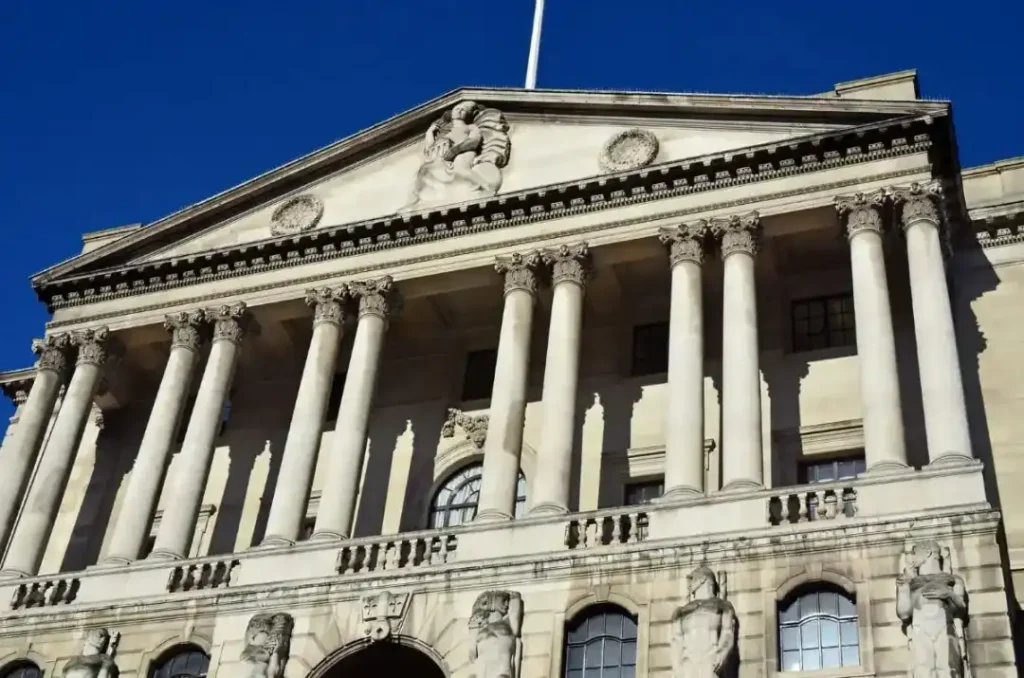The Central Bank of Nigeria (CBN) has disclosed that the country spent $3.5 billion on foreign debt servicing within the first nine months of 2024. This represents 63.56% of the $5.63 billion Nigeria expended on foreign payments during the period, raising concerns about the nation’s rising debt obligations and its implications for economic stability.
The CBN’s data highlights a significant strain on the nation’s resources as debt servicing continues to consume a substantial portion of foreign payments. Economists and financial analysts have expressed worry about the trend, citing its potential impact on public spending and economic growth.
Economic experts have pointed out that the growing cost of servicing external debts is crowding out critical investments in infrastructure, education, and healthcare. Professor Segun Ajayi of the Nigerian Economic Society warned, “Nigeria’s high debt servicing ratio is unsustainable. It limits the government’s ability to allocate funds to essential sectors and could lead to a fiscal crisis if not addressed.”
According to reports, Nigeria’s total public debt has surged, with a significant portion attributed to external borrowings. The country’s debt-to-GDP ratio remains within the international benchmark, but analysts argue that the rising debt servicing costs could undermine economic progress and worsen fiscal challenges.
In response, financial experts have urged the government to adopt measures to manage the nation’s debt sustainably. Recommended actions include improving revenue generation through taxation, reducing dependency on oil exports, and implementing policies to attract foreign investment.
The Minister of Finance, Wale Edun, assured Nigerians that the government is aware of the situation and is working on strategies to reduce the debt burden. “Our focus is on increasing non-oil revenue streams and ensuring that borrowed funds are used for projects with high economic returns,” he said.
While the government continues to rely on foreign loans to bridge budget deficits and fund critical projects, stakeholders have called for greater transparency and efficiency in managing borrowed funds. They emphasize the need for strategic planning to avoid debt traps and ensure long-term economic sustainability.























